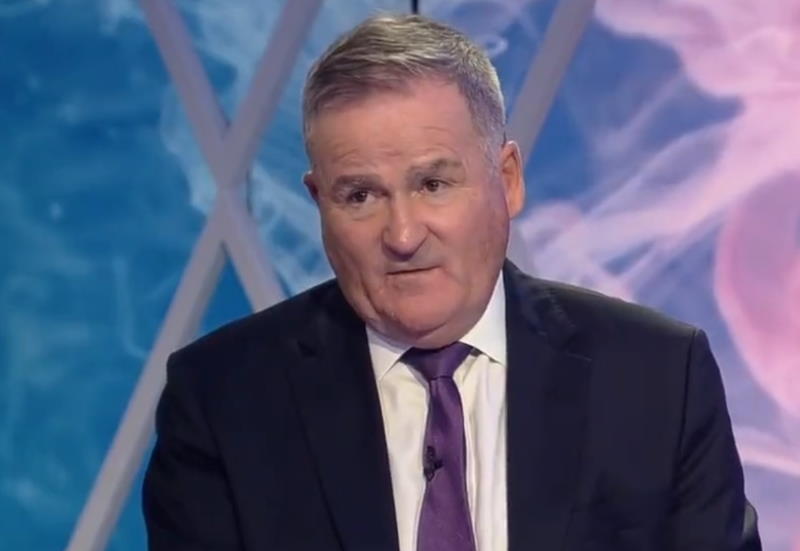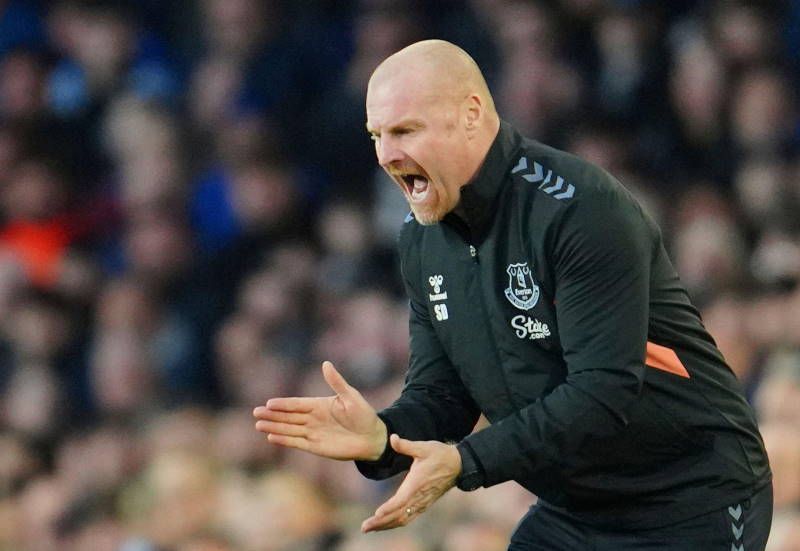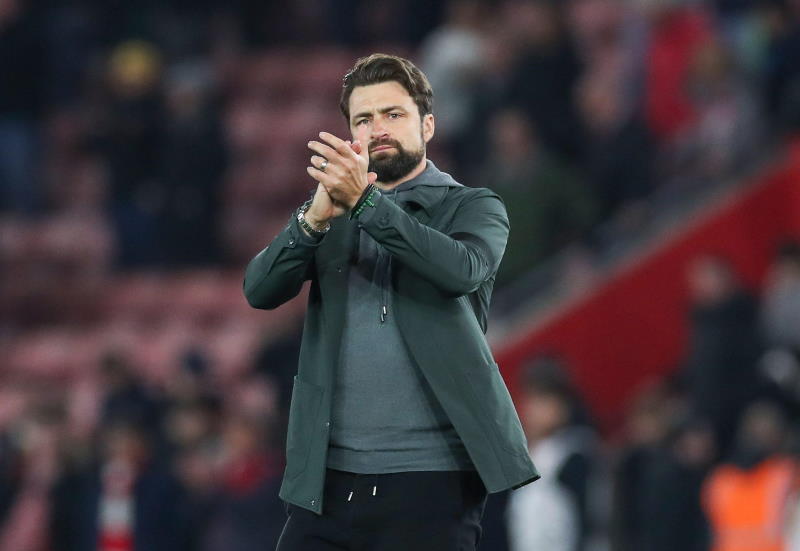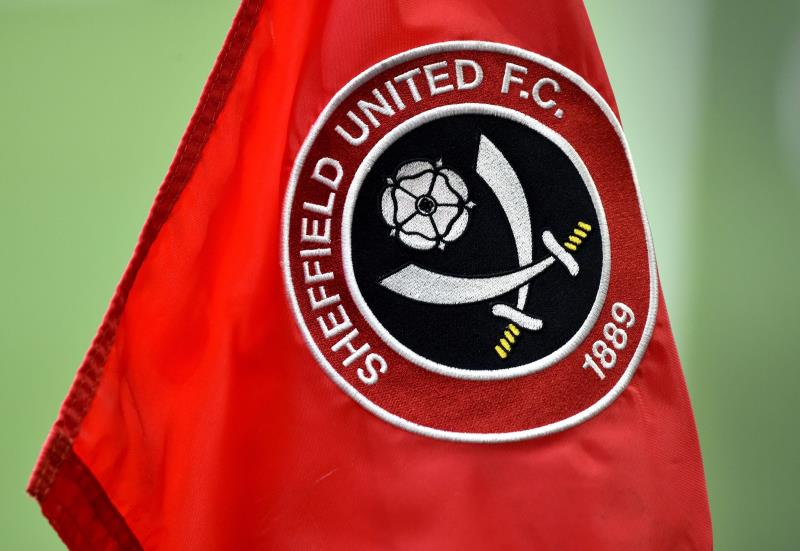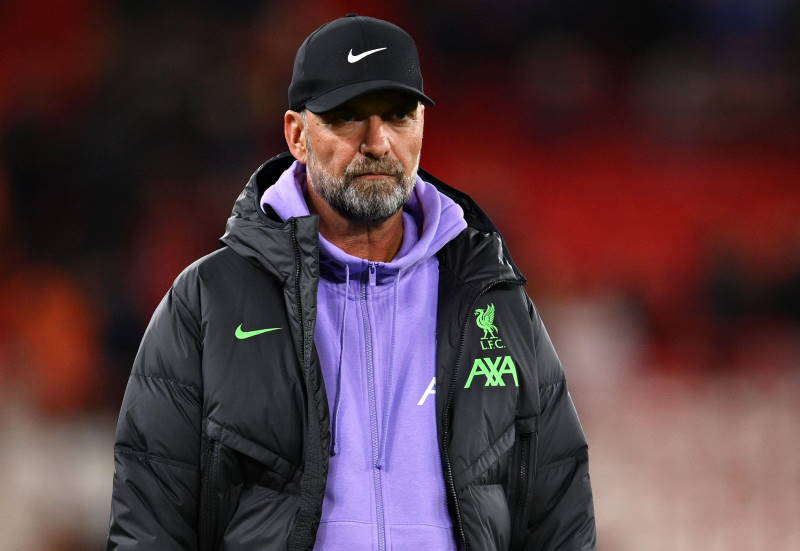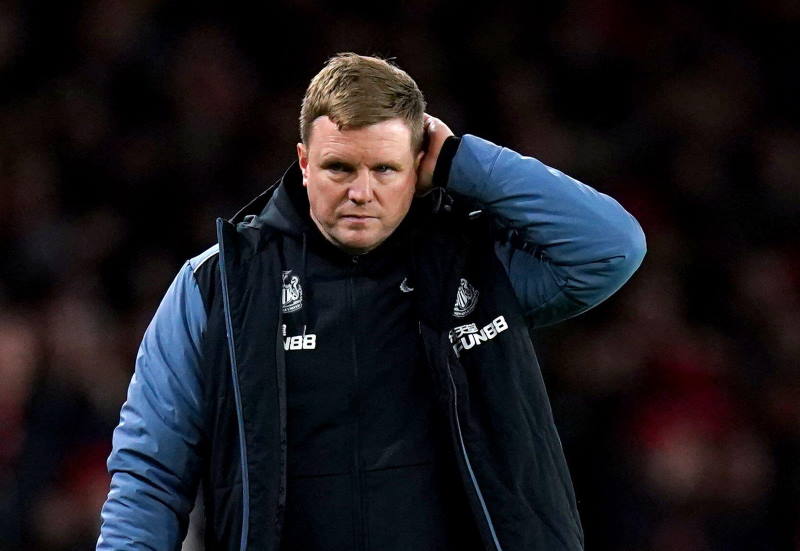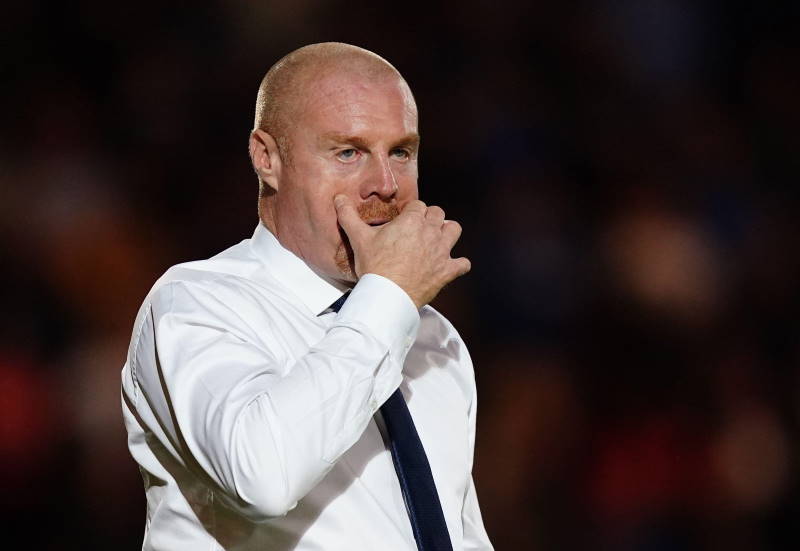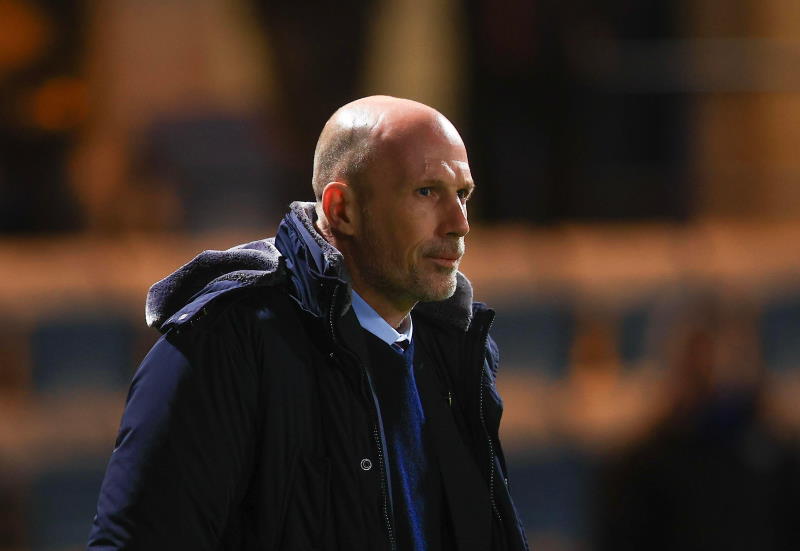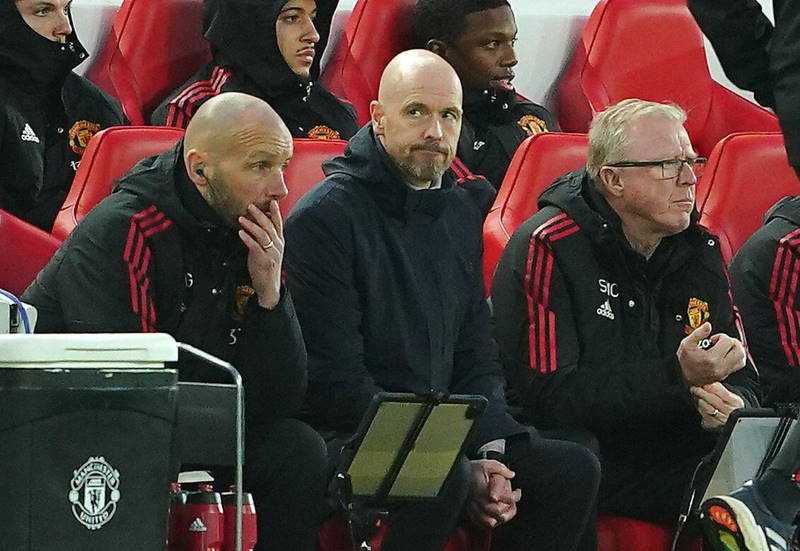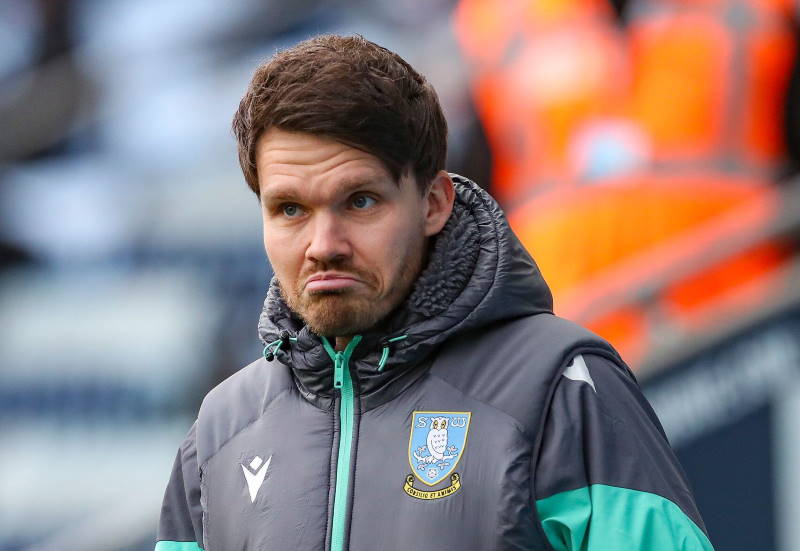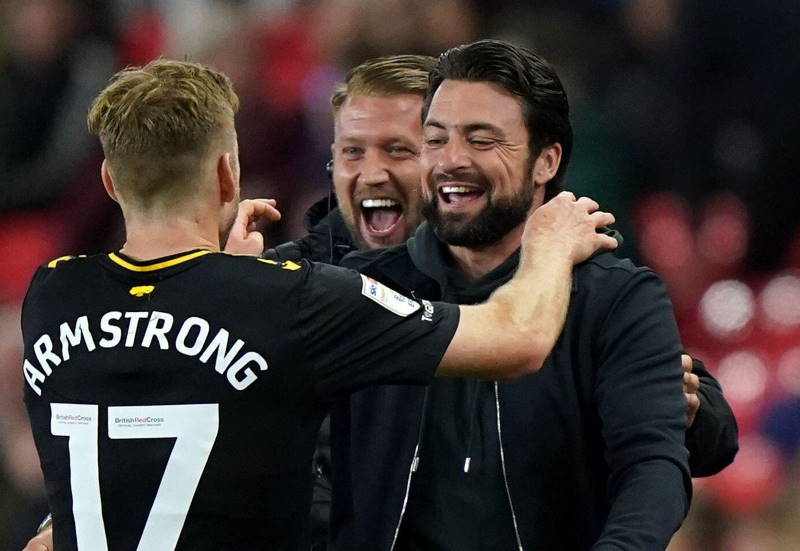
In the past week, UEFA General Secretary Gianni Infantino has become the latest football figure to call for a ban on third-party ownership, the practice of percentages of a players’ registration being held by investment groups or individual entrepreneurs. In England, the most high-profile case remains that of Carlos Tevez, but the practice is widespread in South America, and increasingly so in Italy, Portugal and Spain.
Infantino called for FIFA to step in and take decisive action to ban third-party ownership, but it would be naive to think that an outlawing of the practice would immediately expunge the game of those who are currently making large profits from the trading of the economic rights of football players. If FIFA does step forward and introduce a blanket ban, those who benefit most from the practice will simply find ways of side-stepping any enacted measures.
South American investment groups have been ahead of the game for some time. When FIFA introduced slightly tighter regulations against third-party ownership, investors set up new clubs or took over existing ones as a means of legitimately registering players within the football system.
Desportivo Brasil were one of the first clubs to be established for this purpose. The Sao Paulo-based club was founded in 2005 by Traffic Group, one of the leading sports event management companies in the world, and one that holds particular prominence in South America as the organiser of a number of the most important football competitions in the region.
In 2007, Traffic Group came to an agreement with prominent Brazilian side Palmeiras that would see the company dedicate €13M to signing players that would be registered with Desportivo Brasil and loaned to Palmeiras. There were clear benefits for both parties: Palmeiras received free players, while the club’s stature was beneficial to raising the profile of the players owned by Traffic Group.
The most prominent success stories were Henrique and Keirrison. Both were signed by from Coritiba by Traffic Group, registered with Desportivo Brasil and loaned to Palmeiras, and the duo performed well enough to attract attention from European clubs. Both eventually moved to Barcelona of Spain: Henrique for €8M in 2008; Keirrison for €14M a year later.
In Uruguay, two second division clubs have become registration proxies for investors. Neither Deportivo Maldonado nor Clube Atletico Rentistas have particularly glorious histories, both having spent the majority of their existence in the lower divisions, yet in recent years a number of players who compete in prominent European leagues have been registered to these two clubs.
Alex Sandro, 22, a highly promising Brazilian international left-back, was signed by Deportivo Maldonado from Atletico Paranaense, loaned to Santos for a season, and then sold to FC Porto of Portugal for €9.6M in the summer of 2011.
Ivan Piris, a 24-year-old Paraguayan international full-back, was signed by Deportivo Maldonado from Cerro Porteno in 2011 and immediately loaned to Brazil’s Sao Paulo. A year later, Roma paid €700,000 to loan Piris for one season. They have an option to sign him permanently for a further €4M this summer.
Marcelo Estigarribia, 25, another Paraguayan international, was signed by Deportivo Maldonado from Le Mans of France in 2011. Juventus paid €500,000 to sign him on loan for the 2011/12 season and this season Sampdoria have paid €700,000 for the same privilege. Sampdoria can pay €5M to make the move permanent.
In 2008, Porto paid €5.5M to Rentistas for 50% of the registration of Brazilian international forward Hulk, 26. They had topped up their ownership to 85% by the time they sold the then-two-time Portuguese Player of the Year to Russia’s Zenit Saint Petersburg for €60M in September of 2012. Porto also paid €6M to Rentistas in 2010 for 75% of Walter, 23, another Brazilian forward.
None of these five players have ever played a single minute for the clubs in Uruguay that held or still hold their registration.
These examples highlight the problems FIFA will face if they decide to adopt an aggressive stance on the issue of third-party ownership. The transactions detailed each occurred between two legitimate football clubs and involved accepted, widespread practices such as loans and sell-on percentages, which many smaller clubs rely on for financial sustainability. There is very little FIFA could do to outlaw such transactions.
Those who derive profit from the registration of footballers have invested too much time and effort to simply lie down and allow FIFA to kill off their livelihood. If establishing or taking over a club is all that needs to be done to circumvent measures against third-party ownership it seems unlikely the practice, in application if not in name, will die any time soon.
Betting on football? Check out Inside Bet before you bet!

